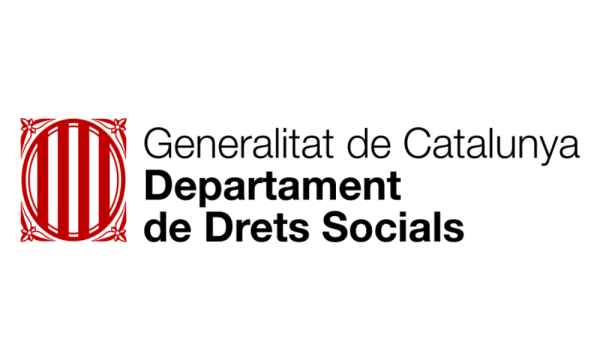The challenge for health and social services is to change the current health care model, adapt it to citizens' demands, and do it in a way that is sustainable for the system in the context of an ageing population. The Catalan Inter-ministerial Social and Health Care Interaction Plan (PIAISS), which was adopted in 2014, provided an integrated care strategy to address this difficult problem and create a person-centred care paradigm.
The following are some of the steps being taken to encourage integration:
• A new model of health and social home care for those with complicated care requirements is being tested in two different city districts.
• Integrated electronic records: The Catalan Electronic Health Record and the local social services' IT system (SIAS) are currently linked using interoperability standards, and support is built in to allow professionals to use it in a variety of ways depending on their needs.
• A post-referral approach for launching social home care at the hospital bed, ensuring continuity for patients recovering from cerebral strokes.
• Vincles Project: a community initiative that offers support for senior citizens who feel isolated via a social network they can access on a touch-screen tablet.
The PIAISS's implementation has emphasized that the current health care model needs to be transformed into a comprehensive and integrated system of health care from a dual perspective—health and social care—with a unified goal. The goal is to provide Catalonia with a health care system that can adequately respond to an ageing population that is characterised by rising chronic illness rates; in other words, to provide a care system that conducts a thorough assessment of the individual, determines that person's care needs, and then provides an appropriate response for those needs.


